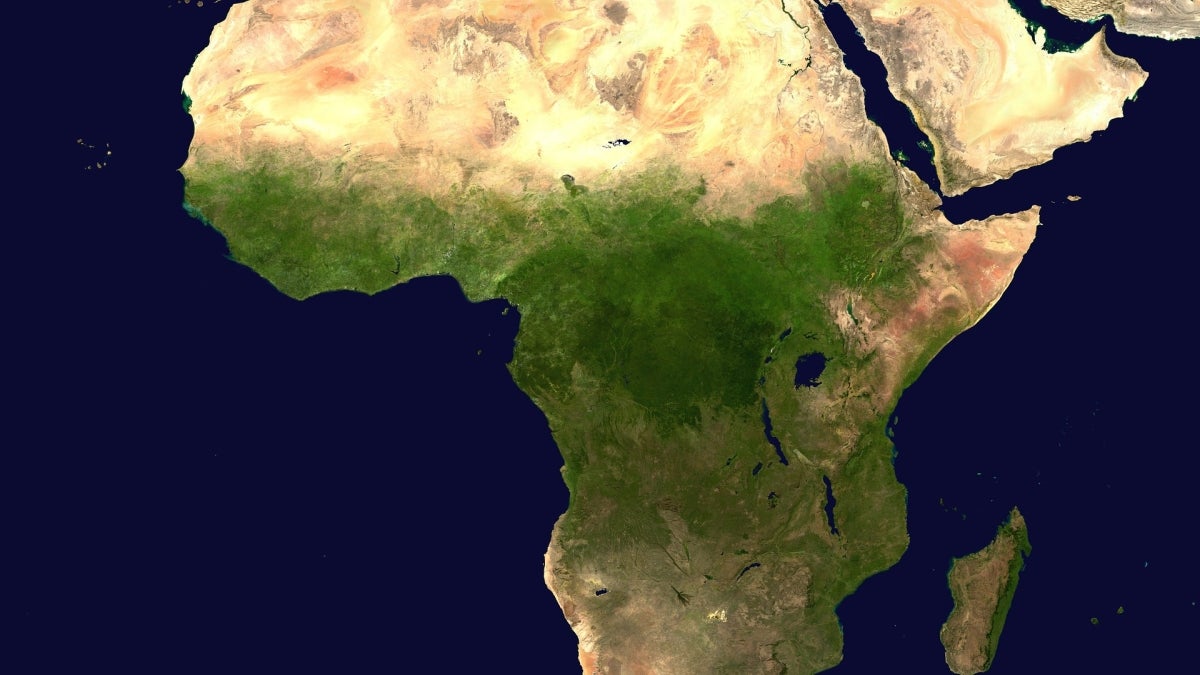COVID-19 models should take the unique conditions of sub-Saharan Africa into account

Image courtesy of Pixabay
COVID-19 models that predict the costs and benefits of lockdowns and other social distancing policies must be adapted for use in lower-income regions such as sub-Saharan Africa, according to findings by a team led by Arizona State University researchers.
Modeling in places like the United States has generally found that the savings in lives and worker productivity outweigh the economic losses from government-required social distancing. However, those models do not take into account factors like a younger population, larger households and higher rates of diseases such as tuberculosis and HIV — all present in sub-Saharan Africa. The ASU team believes the existing models can be adjusted to help inform policymakers in the region.
“Future epidemiological-economic modeling for COVID-19 needs to consider country and regional vulnerabilities and how these vulnerabilities increase risk of disease transmission, while also considering that parameters for estimating the impact of various mitigation strategies are likely to be very different in (sub-Saharan Africa),” the researchers wrote. “In other words, it is essential to understand the epidemiological dynamics of COVID-19 within the local context.”
The analysis was published this month in the journal Applied Economic Perspectives and Policy. The authors of the paper are Valerie Mueller, associate professor in ASU's School of Politics and Global Studies and the International Food Policy Research Institute; Glenn Sheriff, assistant professor in ASU's School of Politics and Global Studies; Corinna Keeler with the Department of Epidemiology at the University of North Carolina at Chapel Hill; and Megan Jehn, associate professor in ASU's School of Human Evolution and Social Change.
More Local, national and global affairs

'War Game' documentary highlights threats of extremism to national security
The riots at the U.S. Capitol on Jan. 6, 2021, were a wake-up call that political divisiveness can turn violent, threatening the…
ASU named Fulbright HSI Leader for third year
For the third year in a row, Arizona State University has been named as a Fulbright HSI (Hispanic-Serving Institution) Leader.The…

ASU program prepares Tucson government employees to serve communities more effectively
Up-and-coming local government leaders in Tucson say an Arizona State University development program for municipal and county…